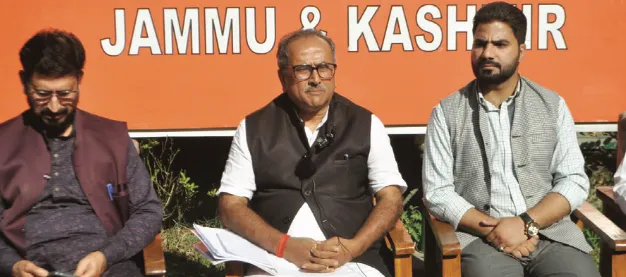On a sunny August morning in this agricultural town, before temperatures soared to 103 degrees, U.S. Health and Human Services Secretary Xavier Becerra stood outside the small public library.
He came to talk about the Biden administration's efforts to protect farmworkers from extreme heat and wildfire smoke, two emerging public health issues at the forefront of the climate crisis. "There are still not enough protections for workers that are picking the food that we eat," Becerra told a group of local reporters and government officials, who outnumbered the farmworkers in the audience. Becerra, whose father worked in the fields, had just come from visiting women picking grapes who protect themselves from the sun by dressing in sweaters, long pants, and kerchiefs that cover their noses and mouths.

The summers are long and intense in Clarksburg, a town of about 300 people along the Sacramento River that supplies California's wine industry with petite sirah, sauvignon blanc, and other grapes harvested by hundreds of farmhands. "It’s going to be a hot day," he added. "But they are still dressed as if it were winter.
" The nation's top health officer, who is mulling a run for governor, has emerged as one of the Biden administration's leading voices on climate change, focusing attention on low-income and other marginalized workers, who feel the impacts of extreme weather the most. In March, HHS released voluntary safety guidelines and educational materials that farms can use to prot.



















